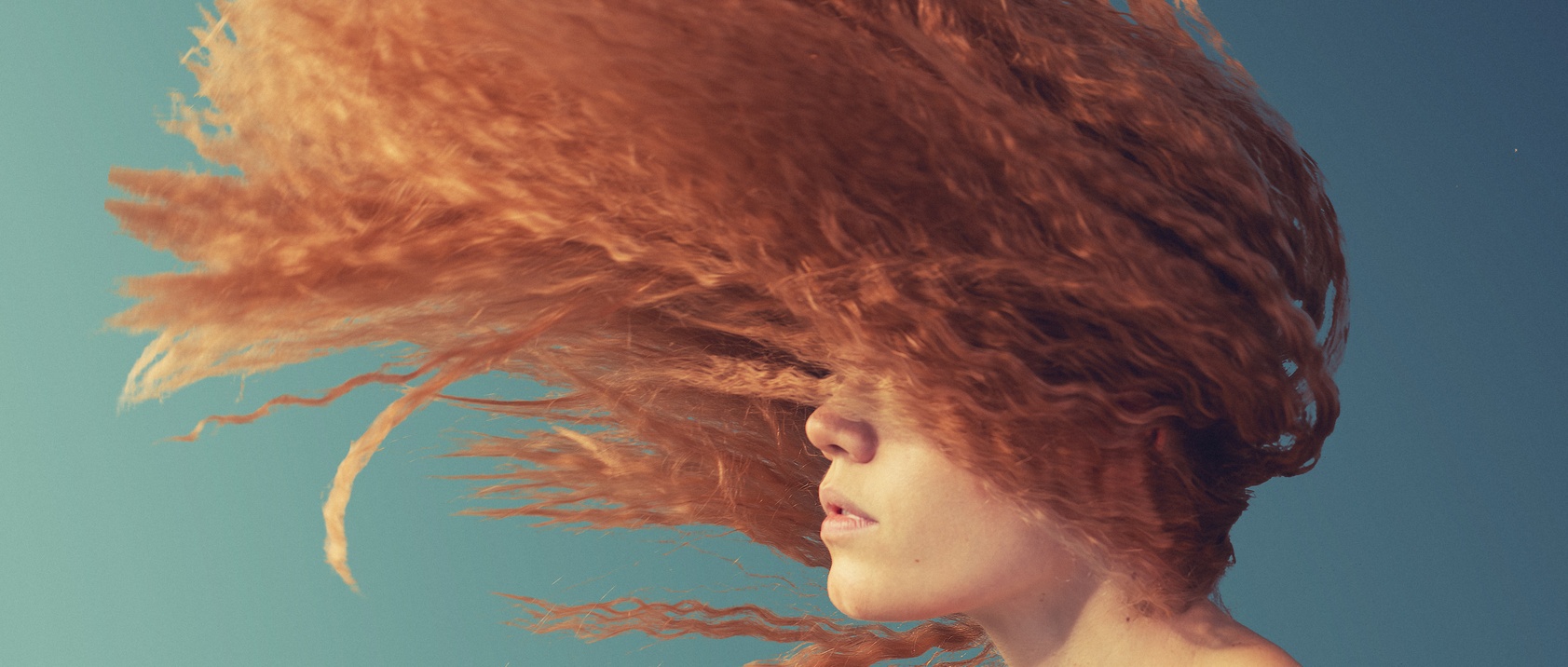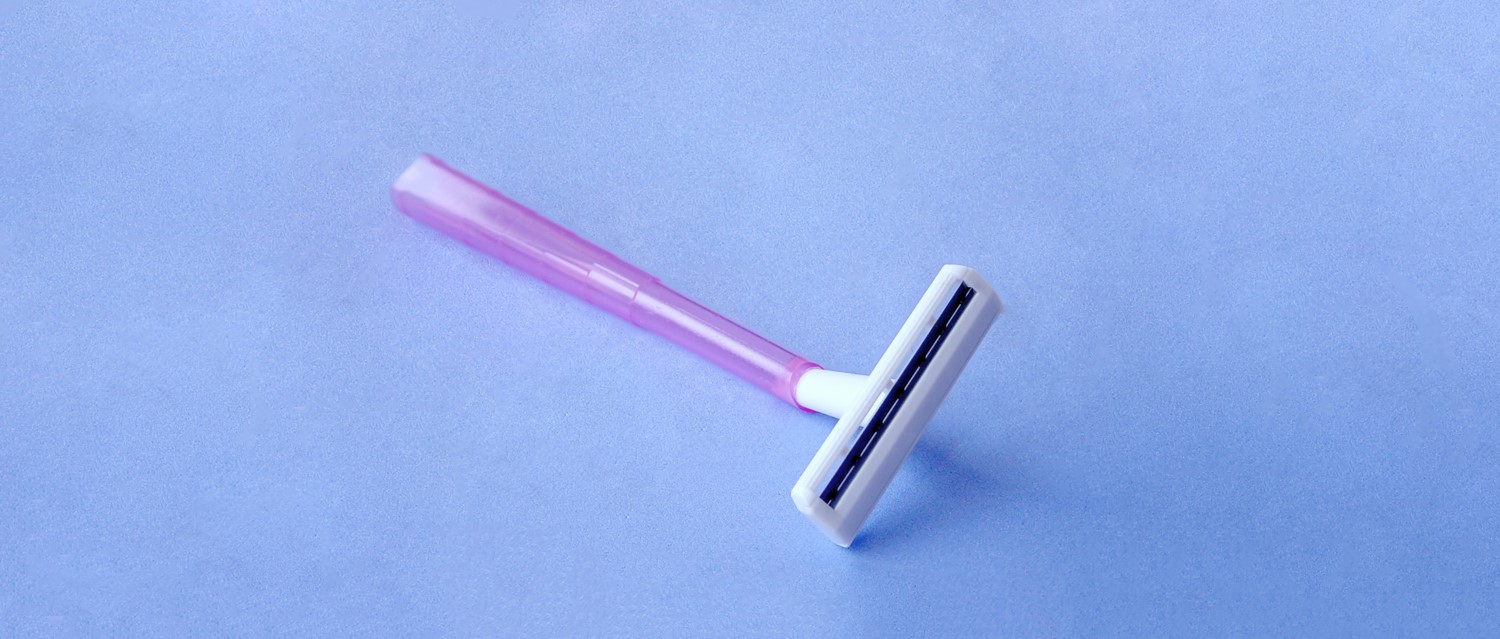
4 common winter hair problems - and how to treat them
Peer reviewed by Dr Krishna Vakharia, MRCGPLast updated by Victoria RawLast updated 12 Nov 2024
Meets Patient’s editorial guidelines
- DownloadDownload
- Share
- Language
- Discussion
- Audio Version
In winter, we're constantly going between the chilly, outdoor weather and indoor, central heating. Both these conditions can be harsh on our hair, depriving it of the moisture it needs to stay healthy and full.
We asked a hair specialist for tips on preventing the most common winter hair problems, and explore other possible health issues that could be linked to your hair troubles.
In this article:
Video picks for Hair and scalp
Continue reading below
Hair and scalp problems in winter
How we feel about our hair is closely bound to our mental wellbeing. People who are happy with their hair tend to have better self-esteem, while those who are stressed can have hair loss as a result.
Healthy hair that feels hydrated and looks shiny can also tell us that we're absorbing all the water, vitamins and nutrients we need. For example, if you're dehydrated your body will direct whatever water it has to more critical functions - like regulating your internal temperature and keeping your joints lubricated - before it can reach your hair.
External factors like cold winter days can also cause hair and scalp problems. Hair and scalp specialist, Anabel Kingsley, Consultant Trichologist, Philip Kingsley, shares the signs of hair damage to look out for and what to do.
1. Dry hair
Back to contentsIf your hair feels dry, it may have a crisp-like straw texture, look less shiny, be more frizzy, or tangle more easily than usual. In winter, this is likely a result of harsh temperatures, including being in rooms that have less moisture in the air due to central heating.
"Dry hair tends to be more porous, meaning it will absorb and lose moisture quickly so that it becomes brittle," says the London-based hair specialist. "On the other hand, healthy hair will retain moisture, making it elastic and less prone to breakage."
How to treat dry hair
Kingsley's tip: "Drink plenty of water and use a weekly pre-shampoo deep-conditioning treatment to flood moisture back into parched strands, improving hair elasticity."
What else can dry hair mean?
Dry hair could also be a symptom of an underlying health issue that's disrupting your hair's ability to stay hydrated.
Examples include:
Hypothyroidism - where your thyroid glands don't produce enough thyroid hormones.
Hypoparathyroidism - a condition where the parathyroid glands don't produce enough parathyroid hormone decreasing the amount of the nutrient calcium in your blood.
Having dry hair alone doesn't often mean there's anything wrong in your body. If you're worried and feel you have other symptoms and not just dry hair, it's worth seeing your doctor.
Continue reading below
2. Hair Loss
Back to contentsHair loss - known medically as alopecia - can also increase in the winter for some. It often goes hand in hand with dry hair and a dry scalp, causing breakage and thinning.
"People also tend to shampoo less often in the winter, which can lead to the illusion you are losing more hair than usual, because good scalp hygiene is essential to hair growth," says Kingsley. "A healthy scalp is a clean scalp."
How to treat hair loss
Kingsley's tip: "Try to shampoo frequently to obtain the best scalp conditions for healthy hair growth. Wash every day for fine hair, every other day for medium hair and no more than three days apart for coarse or coiled hair textures."
What else can hair loss mean?
If you're regularly shampooing and still notice a change in how much hair you're losing, there are some possible medical causes. These include:
Stress - when stress leads to hair loss, this is called telogen effluvium. There are different ways to address your stress, including breathing techniques, therapy, talking to friends, and a healthy diet and exercise routine.
Nutrient deficiencies - nutrients like biotin, iron, zinc and calcium all support healthy hair growth. A healthy diet is the main treatment, and supplement tablets might be recommended by your doctor.
Male pattern baldness and female pattern baldness (androgenic alopecia) - this type of hair loss is caused by genetics, hormones and ageing.
Alopecia areata - an autoimmune disease where your immune system triggers patches of total hair loss surrounded by your normal hair.
Hypothyroidism - where your thyroid glands don't produce enough thyroid hormones.
3. A flaky and itchy scalp
Back to contents"Your scalp is living skin tissue that produces oil, sweats, and sheds skin cells," says Kingsley. "Dandruff and a flaky scalp are more common in the cold, dry temperatures of winter."
In some cases, this causes your scalp to become itchy, and scratching your scalp can damage your hair follicles - which can in turn slow or stop hair growth. To prevent hair loss, Kingsley recommends treating a flaky scalp as soon as possible.
How to treat a flaky and itchy scalp
Kingsley's tip: "Use a targeted anti-microbial shampoo that helps relieve itching. There are also scalp serums that support long term scalp health by restoring hydration and strengthening the skin barrier."
What else can a flaky and itchy scalp mean?
If your scalp is very itchy, and if it's looking red and sore through your hair, you may have one of the following skin problems:
An allergic reaction to a hair product - known as allergic contact dermatitis, an itchy and dry scalp could be caused by an ingredient in one of your hair products. For example, if you dye your hair black, an ingredient called para-phenylenediamine (PPD) can sometimes be the cause.
Seborrheic dermatitis - a worse cause of dandruff that affects the scalp. It can also affect oily areas of the body, such as eyebrows and each side of the nose.
Head lice - small insects that live in human hair, causing an itchy scalp.
Atopic dermatitis - a type of eczema that can develop on your scalp, resulting in redness and scaly, flaky skin. This can feel itchy or like a burning sensation.
Scalp psoriasis - plaque psoriasis is an autoimmune condition that causes thick reddish patches called plaques on your skin, including your scalp.
Continue reading below
4. Breakage and split ends
Back to contentsBoth the cold outdoor temperatures of winter and the contrasting warmth of heated buildings can cause hair to break and split from the ends.
"As hair becomes drier and frizzier due to external factors in winter, the chances are your hair might break easily," Kingsley explains. "Breakage can lead to split ends, which if not looked after can really damage hair health, as they can split further up the hair shaft, causing even more damage."
It can also be tempting in winter to blow-dry your hair with high heat, to help keep yourself warmer. According to the hair specialist, using excessive heat over time can break down the keratin in the hair - an important protein that keeps hair strong and less prone to breakage.
How to treat damaged hair and split ends:
Kingsley's tip: "While it may take a little longer, a low-to-medium heat setting on your hairdryer will give you great styling results, but without dryness, breakage, and split ends. You should also always use a heat protective product and make sure you don't hold your hairdryer right next to your strands. To repair existing split ends, I recommend using a bond-building hair product. These restore the chemical bonds that prevent further breakage in hair strands."
What else can breakage and split ends mean?
Split ends and broken hair strands are most likely a sign of damaging hair styling habits. Along with those mentioned above, this could include towel-drying, over-brushing, and not having your hair trimmed enough. However, like dry hair and hair loss - which is closely linked to breakage and split ends - this can sometimes indicate an underlying health problem, including thyroid disorders. For example, hypothyroidism can cause hair to become brittle and prone to breakage.
Patient picks for Hair and scalp

Skin, nail and hair health
Can vitamins really prevent hair loss?
In the health and beauty industry, vitamin supplements to prevent hair loss and promote hair growth are popular. Can vitamins be a good treatment option? Which vitamins are backed by the most evidence?
by Amberley Davis

Skin, nail and hair health
What to do about excess body hair
Plucking. Waxing. Shaving. For many women, getting rid of unwanted hair can be a burden. But this is all the more difficult for women suffering with excess body or facial hair, otherwise known as hirsutism.
by Dr Anna Cantlay, MRCGP
Continue reading below
Article history
The information on this page is peer reviewed by qualified clinicians.
Next review due: 12 Nov 2027
12 Nov 2024 | Latest version
8 Feb 2024 | Originally published
Authored by:
Amberley Davis

Ask, share, connect.
Browse discussions, ask questions, and share experiences across hundreds of health topics.

Feeling unwell?
Assess your symptoms online for free
Sign up to the Patient newsletter
Your weekly dose of clear, trustworthy health advice - written to help you feel informed, confident and in control.
By subscribing you accept our Privacy Policy. You can unsubscribe at any time. We never sell your data.